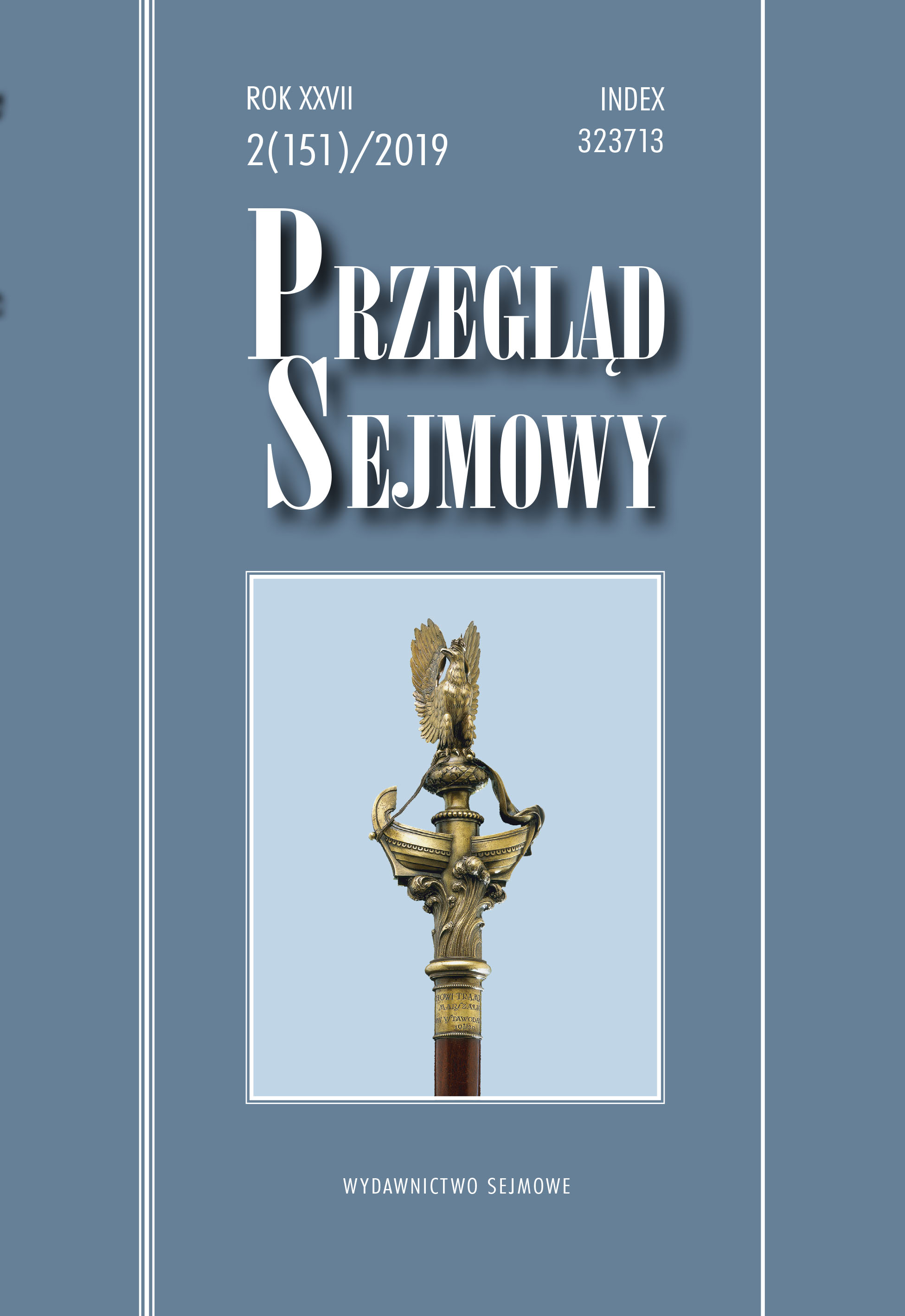Widowdańskie prowizorium. Geneza i rozwój parlamentaryzmu w Królestwie Serbów, Chorwatów i Słoweńców
The Vidovdan makeshift. The origin and development of parliamentarism in the Kingdom of Serbs, Croats and Slovenes
Author(s): Tadeusz CzekalskiSubject(s): History of Law, Political history
Published by: Kancelaria Sejmu
Keywords: Balkan history; Vidovdan constitution; Kingdom of Serbs; Croats and Slovenes; parliamentarism; Skupshtina
Summary/Abstract: Kingdom of Serbs, Croats and Slovenes formed after World War I was a model example of difficulties arising in the process of building the multinational and multiethnic states in the Balkans. The State mired in disputes between supporters of unitarization and federalism was a subject of gradual Serbization, which was expressed by imposition of Serbian systemic pattern and domination of Serbs in central authorities. In the mid 1920s political particularisms led to the collapse of parliamentary system and political destabilization, implied by the acts of ethnic and national violence. The decision of king Alexander Karađorđević to suspend the constitutional order and establish a dictatorship was an attempt to inhibit the process of State disintegration and expressed a tendency to marginalize the national representation and to restore the sovereign’s dominant role in the political system, which was a characteristic feature of the evolution of the Balkan states.
Journal: Przegląd Sejmowy
- Issue Year: 2019
- Issue No: 1
- Page Range: 49-68
- Page Count: 20
- Language: Polish

